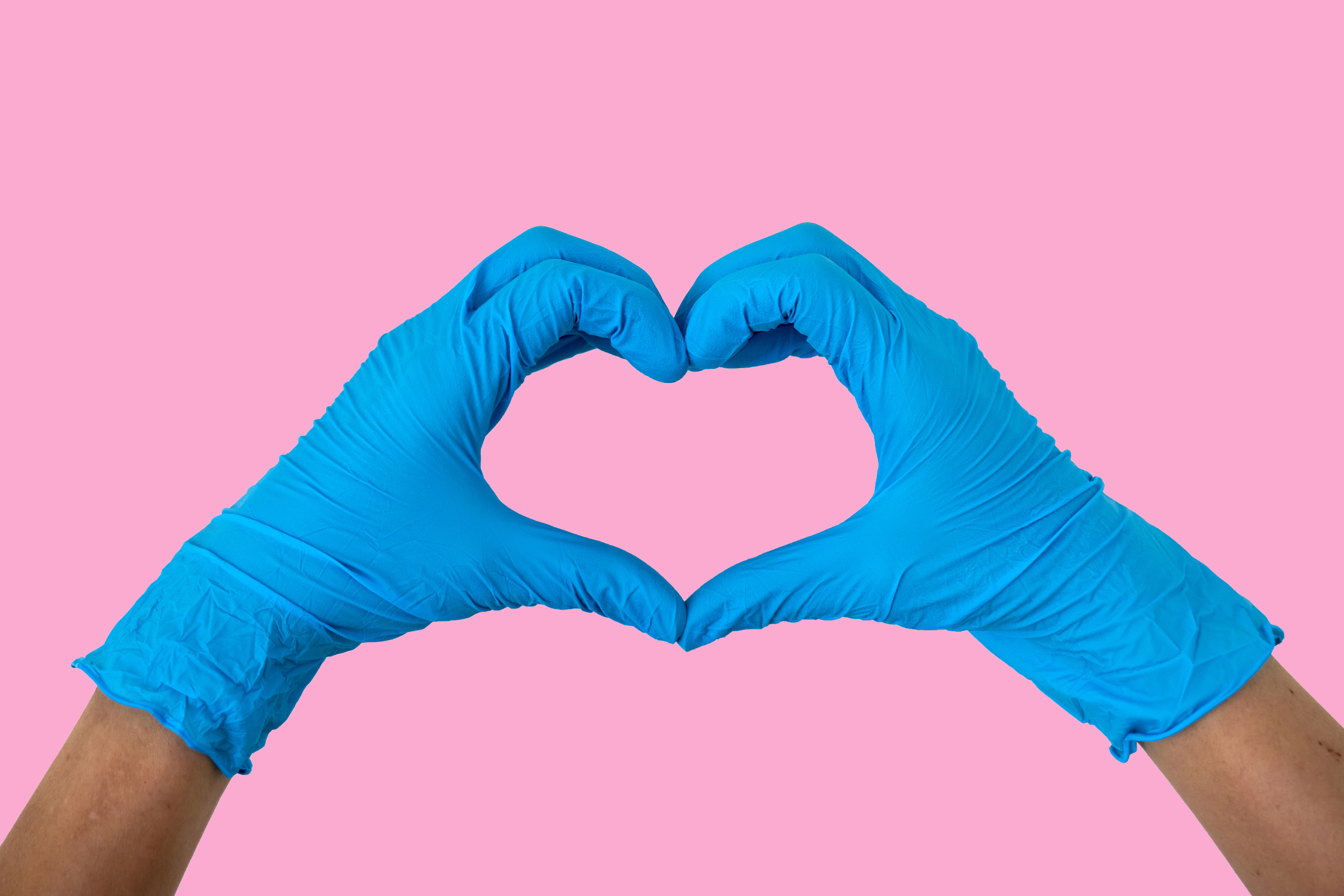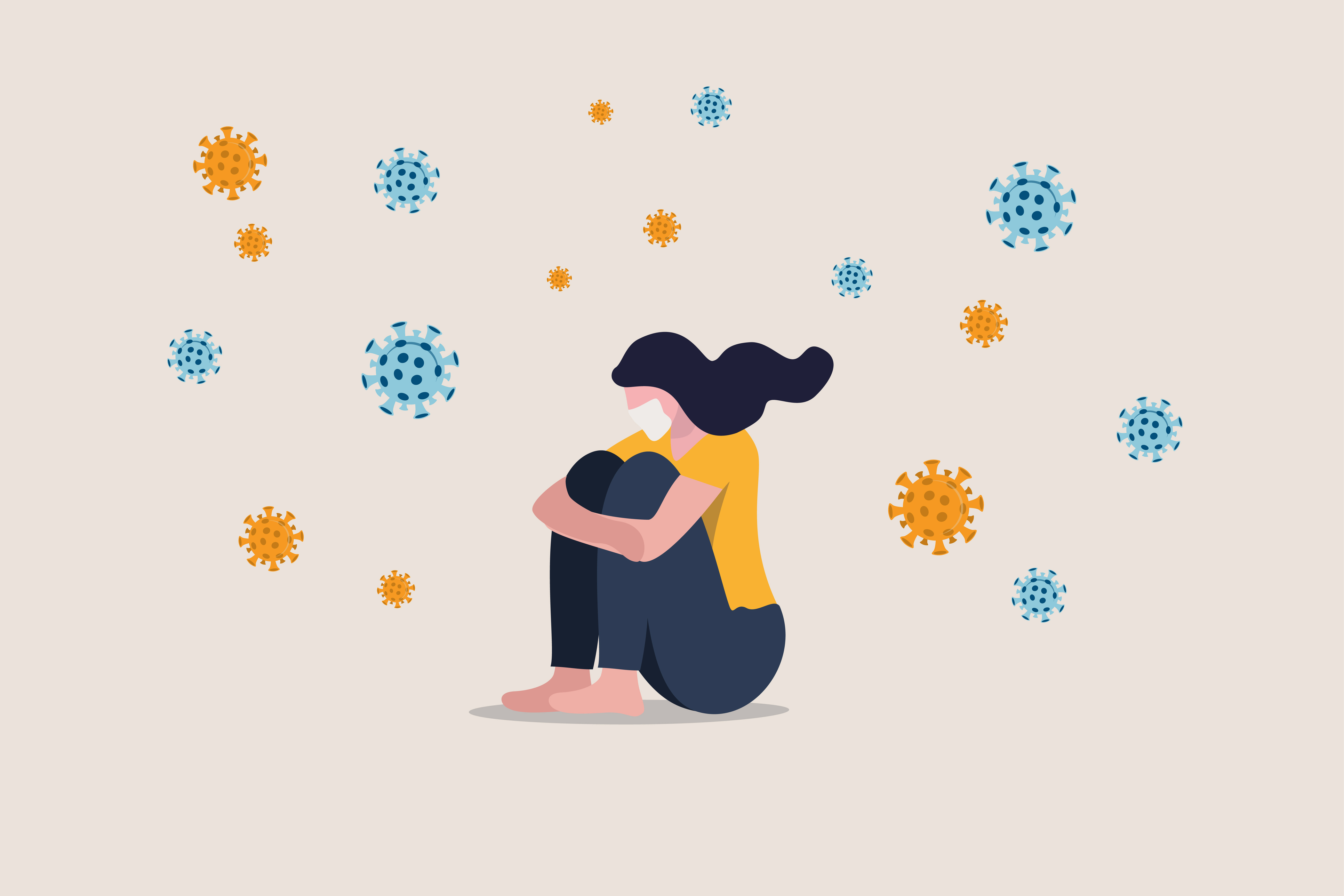From Nurse Keith’s Digital Doorway
On June 8, 2019, an excellent article was published in the New York Times that clearly stated something I’ve been thinking about for quite some time. The article was titled, “The Business of Health Care Depends on Exploiting Doctors and Nurses“, and the subtitle was “One resource seems infinite and free: the professionalism of caregivers“. It was written by Dr. Danielle Ofri, a physician at Bellevue Hospital in New York City.
The article outlines the ways in which healthcare providers are exploited for their compassion and dedication to patients in terms of being asked to see more patients and do more work than is humanly possible without any additional remuneration or compensation. While the writer focused on MDs and NPs, in my opinion this is an across-the-board cancer eating away at the quality of our healthcare system and the mental health and well-being of our providers.
This disturbing trend is apparent in the lives of so many nurse practitioners I’ve encountered, including dear friends, colleagues, and career coaching clients, and is especially apparent in those who work in primary care. The complaints I hear often concern NPs being forced to see dozens of complicated patients per day with only 15 minutes allotted per visit. With sicker patients, complex comorbities, and other factors that make care more time-consuming and complicated, our frontline medical providers are put in an impossible situation with only one certain outcome: provider burnout and the compromising of patient care.
Ethics, Practice, and the Hard Reality
The aforementioned New York Times article begins thus:
You are at your daughter’s recital and you get a call that your elderly patient’s son needs to talk to you urgently. A colleague has a family emergency and the hospital needs you to work a double shift. Your patient’s M.R.I. isn’t covered and the only option is for you to call the insurance company and argue it out. You’re only allotted 15 minutes for a visit, but your patient’s medical needs require 45.
These quandaries are standard issue for doctors and nurses. Luckily, the response is usually standard issue as well: An overwhelming majority do the right thing for their patients, even at a high personal cost.
We healthcare providers are ethical creatures by dint of our education and perhaps our human nature as individuals given to caregiving. The medical or nursing oaths we take are to do harm and provide the best possible care for those patients in our charge; so, in the words of Dr. Ofri:
If doctors and nurses clocked out when their paid hours were finished, the effect on patients would be calamitous. Doctors and nurses know this, which is why they don’t shirk. The system knows it, too, and takes advantage.
The reality of medical and nursing care is far beyond what the corporate bean counters will acknowledge. When healthcare is corporatized to such an egregious level based on nothing but the financial bottom line, productivity becomes the keystone of every aspect of patient care, not to mention so-called “patient satisfaction”.
But what happens when providers are so burned out that they cannot provide the care they’re ethically bound to deliver? What about provider satisfaction? Do those watching the flow of money care that approximately 400 American physicians commit suicide per year? We don’t have accurate data on the number of nurse suicides, but we readily assume that this is an issue facing nurses and APRNs as well. How far does this calculation need to go before we notice and actually do something about it?
As Dr. Ofri points out, the EMR has revolutionized healthcare and few of us would voluntarily choose to revert to paper charts. However, the dark side of the EMR is that we can be forced to work from home because we now have 24/7 access to patient records.
In fact, per a recent article in the Annals of Family Medicine, for every hour of direct physician-based patient care (or APRN-driven care, I may add), two hours are needed for accurate documentations in an EMR. So where do those 15 minutes figure in this dastardly and cynical calculation of how long it takes to perform and document high-quality patient care? In fact, those 15 minutes mean nothing in the scheme of things because precious few visits actually take only that amount of time.
Stress, burnout, and compassion fatigue in medical providers and nurses inevitably leads to stress-related illness, provider attrition, suicide, and other negative outcomes. With a shortage of primary care physicians and nurses in many areas of the country — especially where vulnerable populations are concerned — we cannot afford such a hemorrhage of talent and skill. In fact, it’s killing us.
Would Other Professionals Put Up With It?
If construction workers (who, by the way, experience far fewer on-the-job injuries than nurses due to strictly held safety standards) were asked to work three hours of unpaid overtime a night in order to document their work, what would they say and do? They’d probably tell you to stick your documentation where the sun doesn’t shine and then go on strike against their employer for unfair labor practices.
The New York Times article illustrates it thus:
In a factory, if 30 percent more items were suddenly dropped onto an assembly line, the process would grind to a halt. Imagine a plumber or a lawyer doing 30 percent more work without billing for it. But in health care there is a wondrous elasticity — you can keep adding work and magically it all somehow gets done. The nurse won’t take a lunch break if the ward is short of staff members. The doctor will “squeeze in” the extra patients.
For doctors, nurse practitioners, midwives, nurses, and others in the healthcare ecosystem, we continually show up, do our best, work hours after we’re no longer paid, and otherwise sacrifice ourselves on the altar of patient care because patient abandonment is serious and we would never put our patients at risk because we feel overworked, even though the reality is that our patients are indeed at risk exactly because of the workloads we silently accept.
How many other professions do something similar? Perhaps teachers, who spend enormous amounts of their own money (despite comparatively low pay) on classroom supplies since school systems in the U.S. provide precious little for them to work with in order to provide high-quality educational experiences for the students who they’re ethically bound to educate.
Medical providers save lives, keep patients on track, treat both acute and chronic diseases, perform surgeries, and contribute enormously to the greater public good. While pop stars and sports figures earn multi-million dollar salaries for entertaining us (an important societal role, of course), those who put their own mental and physical health on the line to save and heal others are expected to do the impossible day in and day out for comparatively little compensation. In my book, the musicians and athletes should trade salaries with medical providers, but we know that will never happen. And when an athlete has to play an extra game or match without compensation, we’d see how long that would last before a revolution took place.
Solutions Must Exist
At face value, this situation seems untenable and intractable. The corporatization of healthcare will continue apace, more and more will be demanded of our NPs, RNs, and MDs, and we’ll continue to lose good people.
The notion of the “triple bottom line” is one concept that more healthcare institutions could adopt, and that means taking into consideration people, planet, and profits. While this may be anathema to those who watch the healthcare money flow, this is one way to humanize the way we deal with such a highly valuable workforce.
And while hospitals focus so terribly much on patient satisfaction scores in order to secure Medicare reimbursement, whatever happened to provider and employee satisfaction? Doesn’t the Center for Medicare and Medicaid Services (CMS) understand that burned-out nurses, NPs, surgeons, and physicians actually contribute to worse patient satisfaction? And what if employee satisfaction scores impacted Medicare reimbursement? How the accountants and executives might scramble to keep those providers happy.
This overly corporatized healthcare infrastructure is strangling the system and hobbling good clinicians who can’t take the strain. Yes, we can bill, bill, bill for those reimbursements, but when that final “bill” arrives and we realize that outcomes are plummeting and our employees are being driven away, perhaps then we’ll see the light and begin to brainstorm solutions.
The New York Times article concludes:
The health care system needs to be restructured to reflect the realities of patient care. From 1975 to 2010, the number of health care administrators increased 3,200 percent. There are now roughly 10 administrators for every doctor. If we converted even half of those salary lines to additional nurses and doctors, we might have enough clinical staff members to handle the work. Health care is about taking care of patients, not paperwork.
Those at the top need to think about the ramifications of their decisions. Counting on nurses and doctors to suck it up because you know they won’t walk away from their patients is not just bad strategy. It’s bad medicine.
Keith Carlson, RN, BSN, NC-BC, is the Board Certified Nurse Coach behind NurseKeith.com and the well-known nursing blog, Digital Doorway. Please visit his online platforms and reach out for his support when you need it most.
Keith is the host of The Nurse Keith Show, his solo podcast focused on career advice and inspiration for nurses. From 2012 until its sunset in 2017, Keith co-hosted RNFMRadio, a groundbreaking nursing podcast.
A widely published nurse writer, Keith is the author of Savvy Networking For Nurses: Getting Connected and Staying Connected in the 21st Century and Aspire to be Inspired: Creating a Nursing Career That Matters. He has contributed chapters to a number of books related to the nursing profession. Keith has written for Nurse.com, Nurse.org, MultiBriefs News Service, LPNtoBSNOnline, StaffGarden, AUSMed, American Sentinel University, Black Doctor, Diabetes Lifestyle, the ANA blog, NursingCE.com, American Nurse Today, Working Nurse Magazine, and other online and print publications.
Mr. Carlson brings a plethora of experience as a nurse thought leader, keynote speaker, online nurse personality, social media influencer, podcaster, holistic career coach, writer, and well-known nurse entrepreneur. He lives in Santa Fe, New Mexico with his lovely and talented wife, Mary Rives, and his adorable and remarkably intelligent cat, George.
Disclaimer: The viewpoint expressed in this article is the opinion of the author and is not necessarily the viewpoint of the owners or employees at Healthcare Staffing Innovations, LLC.









